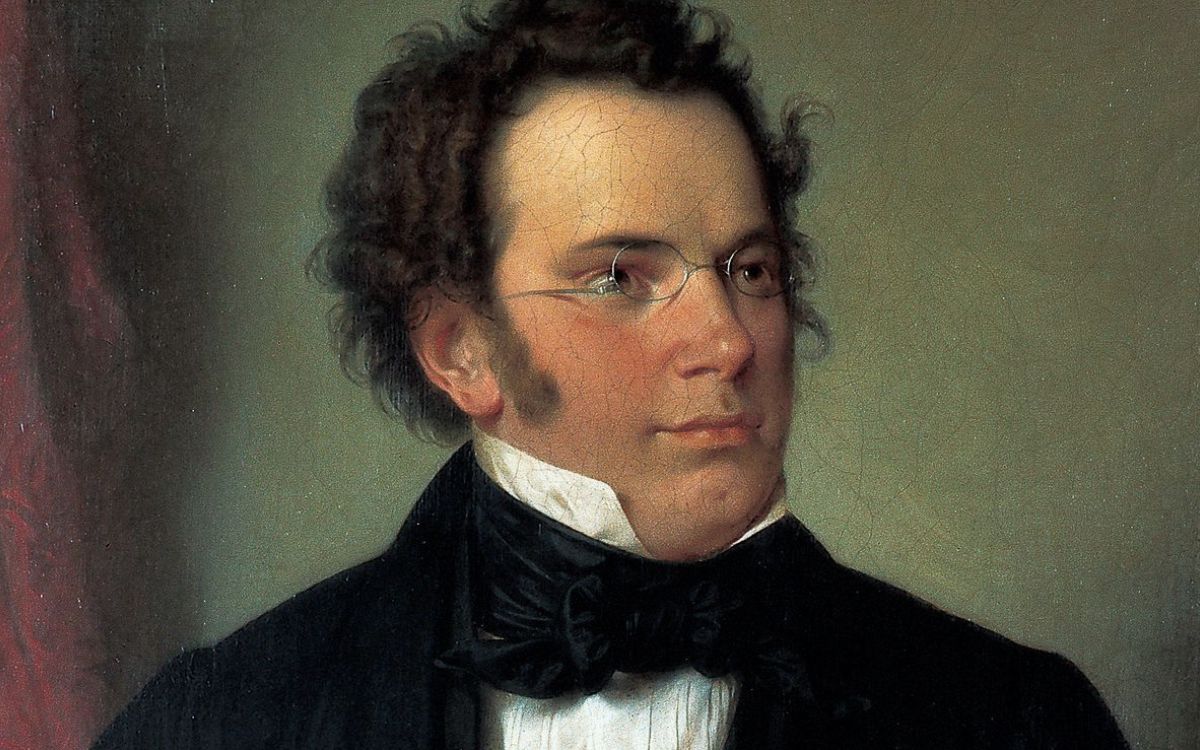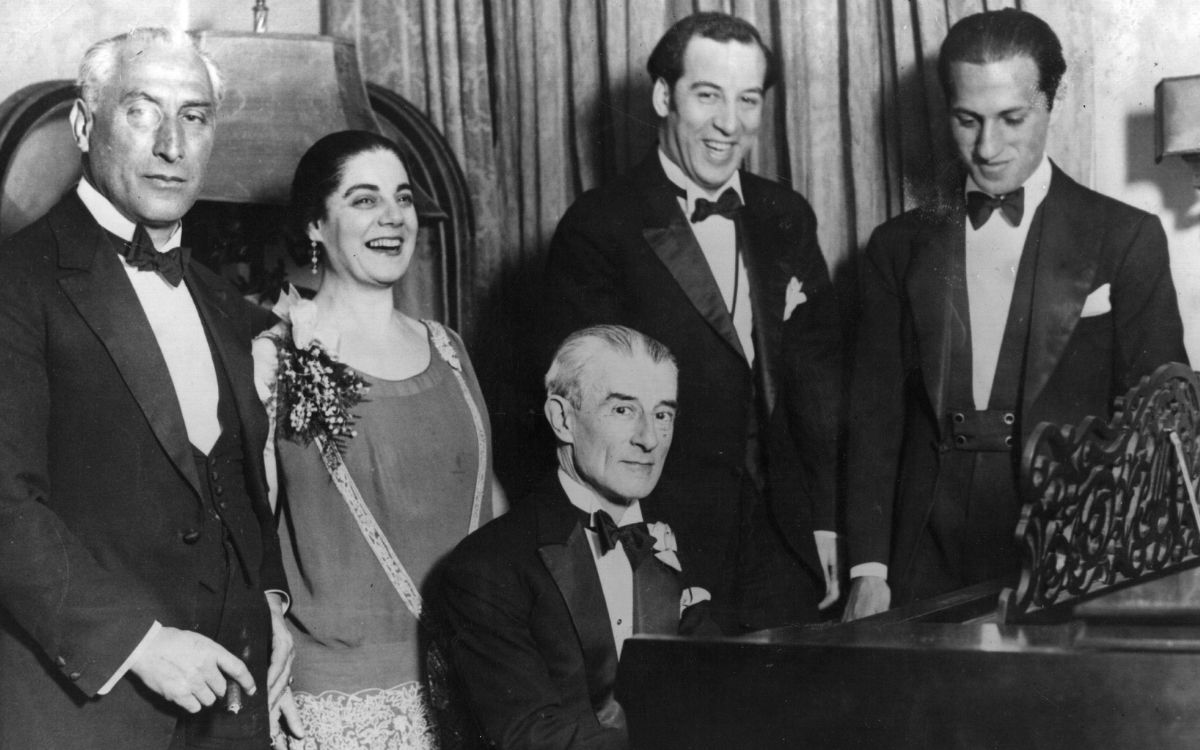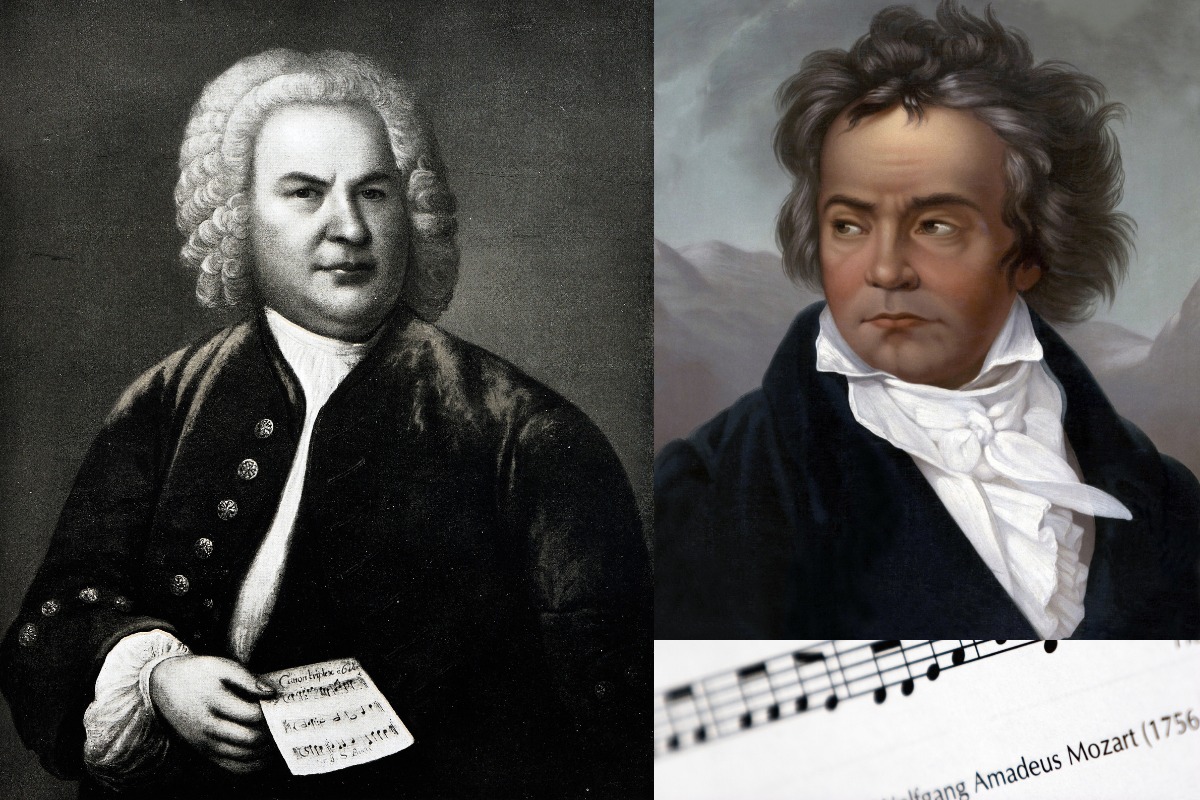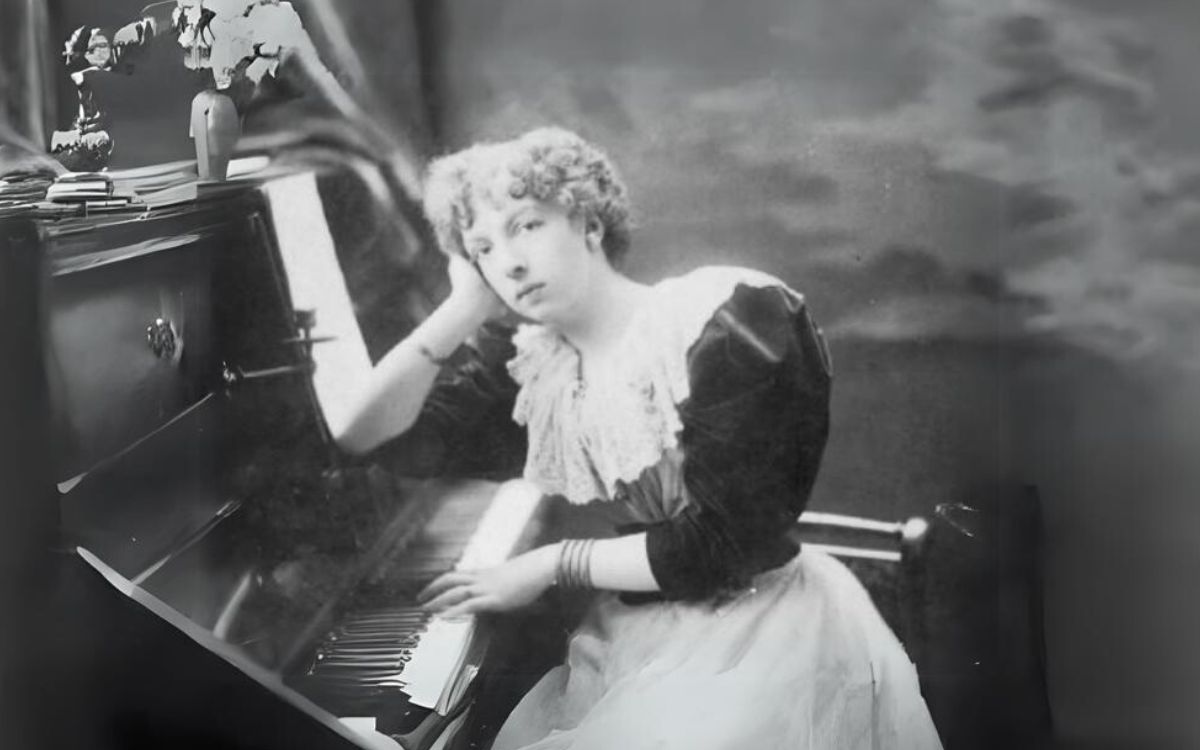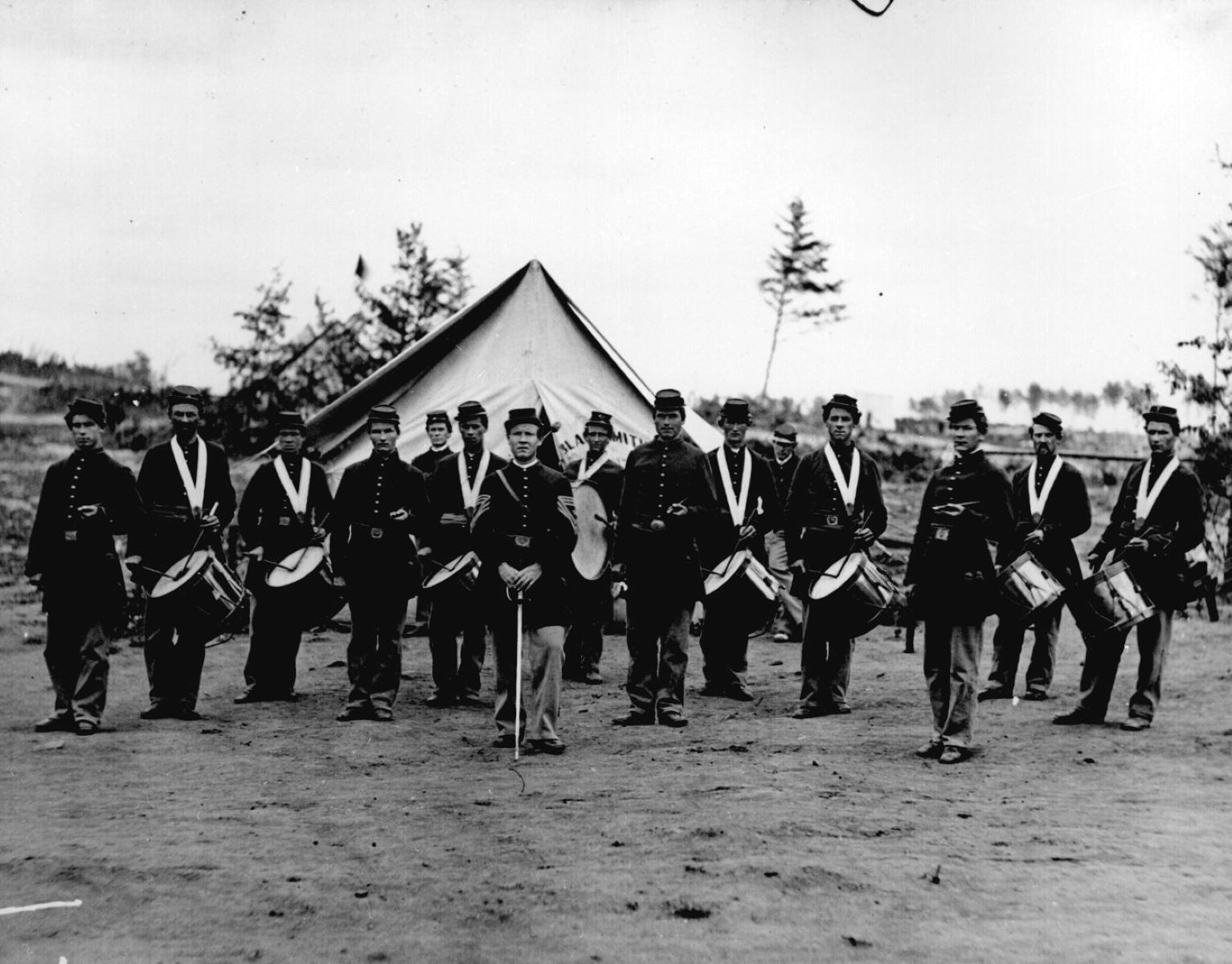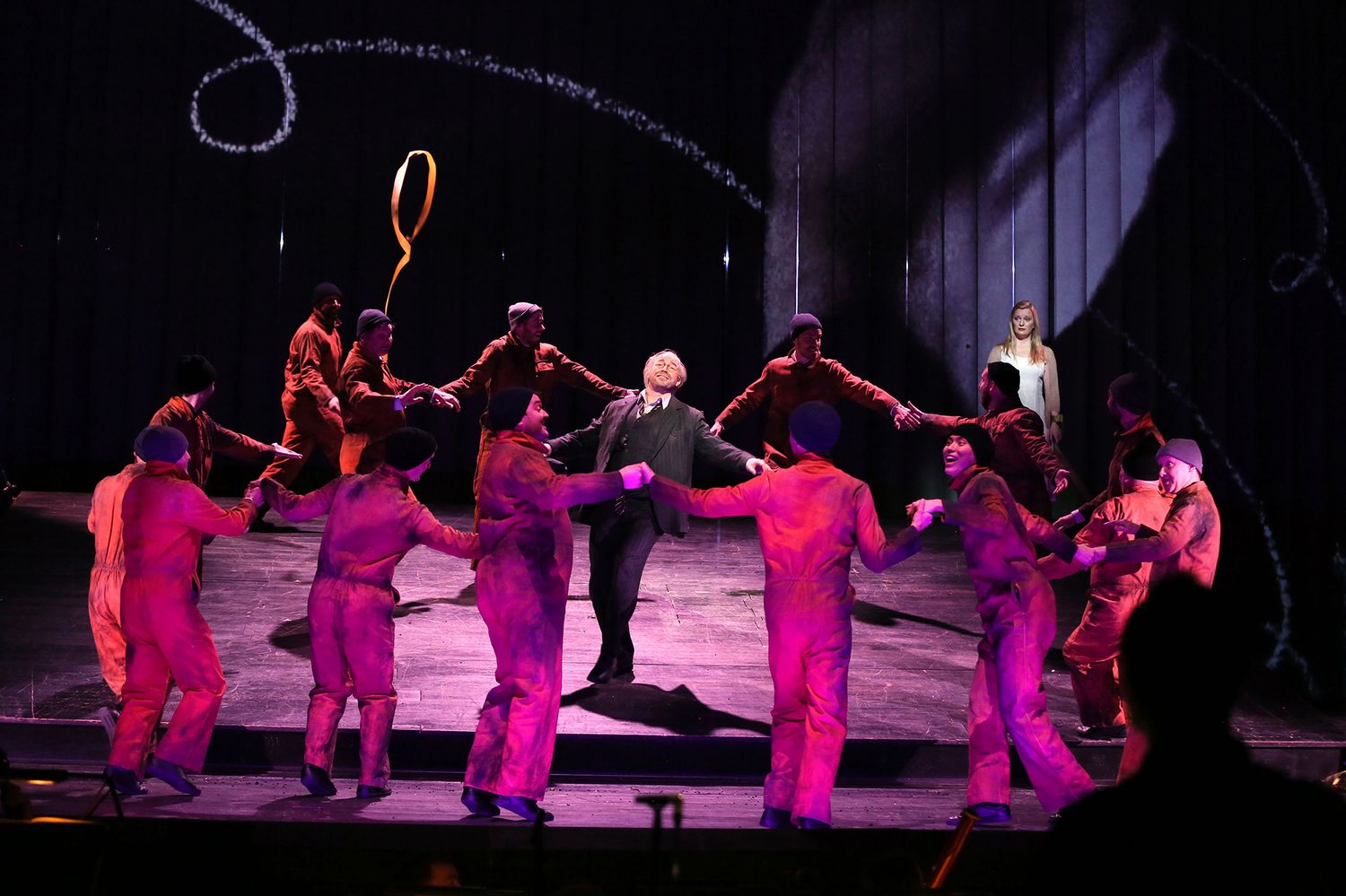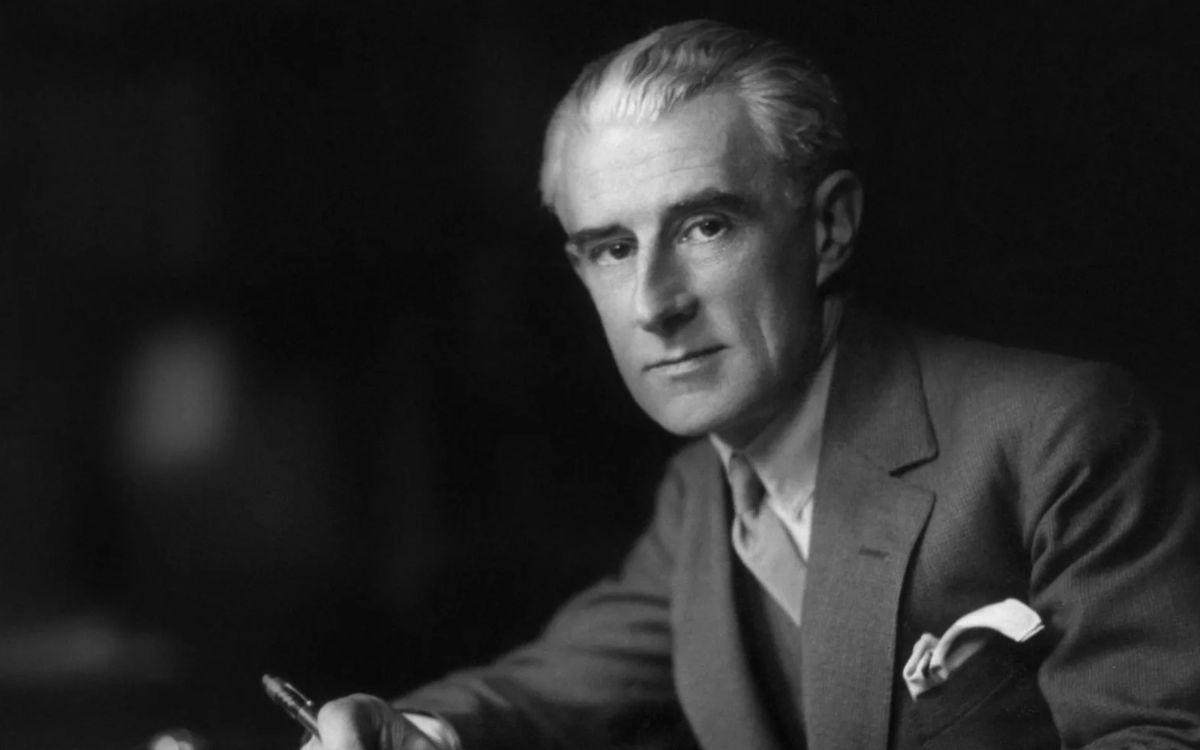Home>Production & Technology>Composer>Who Was The Composer Of Star Wars
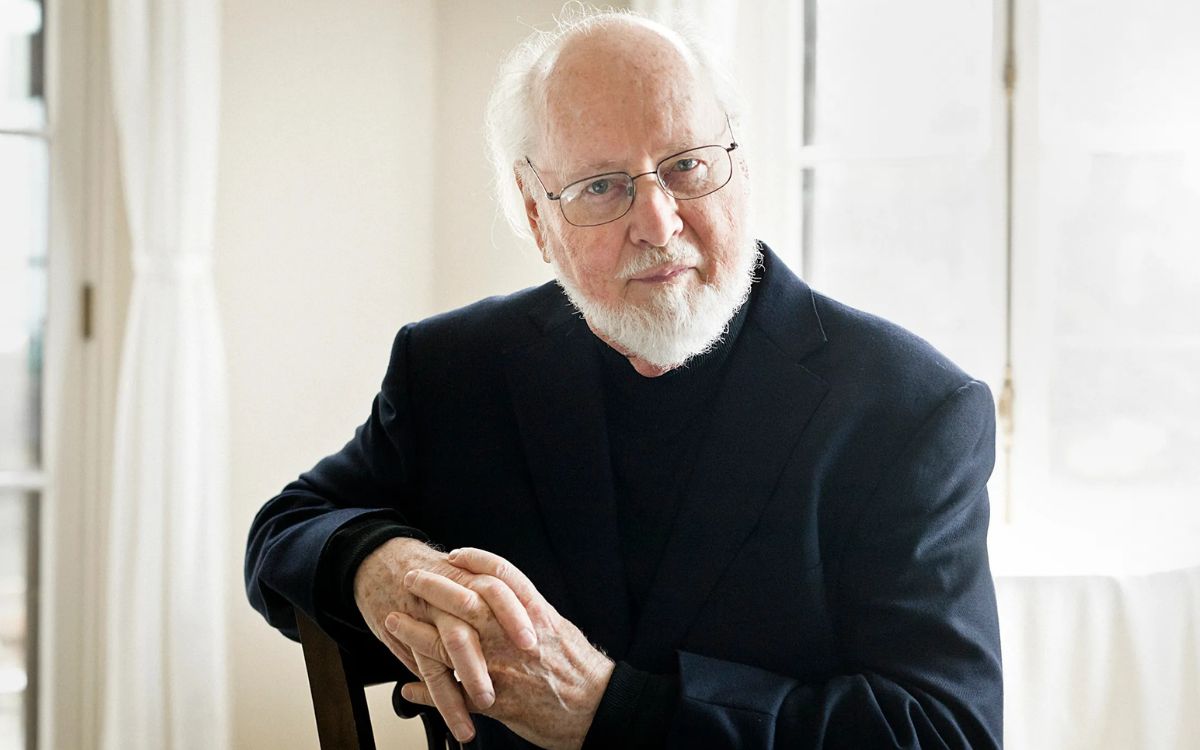

Composer
Who Was The Composer Of Star Wars
Modified: January 22, 2024
Discover the brilliant mind behind the iconic Star Wars soundtrack. Learn more about the legendary composer who brought the galaxy to life.
(Many of the links in this article redirect to a specific reviewed product. Your purchase of these products through affiliate links helps to generate commission for AudioLover.com, at no extra cost. Learn more)
Table of Contents
Introduction
If you’re a fan of the iconic Star Wars franchise, you may have found yourself captivated not only by the epic space battles, thrilling plotlines, and memorable characters, but also by the incredible music that brings the galaxy far, far away to life. The mastermind behind the unforgettable tunes that have become synonymous with Star Wars is none other than the legendary composer, John Williams.
John Williams has composed some of the most recognizable and beloved film scores in cinematic history, and his achievements go far beyond the Star Wars series. Williams has created countless memorable melodies for films such as Jaws, Jurassic Park, Indiana Jones, and many more. However, it is Star Wars that truly solidified his place as one of the greatest composers of our time.
In this article, we will delve into the life and career of John Williams, exploring his early beginnings, his contributions to the Star Wars franchise, and the lasting impact of his music. So grab your lightsaber and embark on a musical journey that will transport you to a galaxy filled with adventure and emotion.
Early Life and Education
John Williams, born on February 8, 1932, in Flushing, New York, displayed a natural talent for music from a young age. Inspired by his father, a jazz percussionist, Williams began studying the piano at the tender age of seven. His exceptional musical abilities quickly became evident, and he started composing his own music while still in his teenage years.
Williams pursued his passion for music by attending The Juilliard School in New York City, where he studied piano and composition. During his time at Juilliard, Williams had the opportunity to learn from some of the finest musicians and composers in the world, honing his skills and developing his own unique style.
After completing his studies at Juilliard, Williams served in the United States Air Force, where he conducted and arranged music for the Air Force band. This experience further deepened his understanding of orchestration and performance.
Following his military service, Williams returned to New York and began his career in the music industry. He worked as a jazz pianist, performing in clubs and accompanying well-known artists of the time. This experience allowed him to expand his musical repertoire and develop a knack for improvisation.
Williams’ talents as a composer caught the attention of Hollywood, and in 1958, he made the decision to move to Los Angeles to pursue opportunities in the film industry. This marked the beginning of a remarkable career that would see him become one of the most sought-after composers in Hollywood history.
Throughout his early life and education, John Williams cultivated a deep love for music and a desire to create memorable compositions. These formative years laid the foundation for his future success, setting the stage for his groundbreaking work on the Star Wars saga and beyond.
Career Beginnings
Upon arriving in Los Angeles, John Williams wasted no time in immersing himself in the vibrant music scene of Hollywood. He started his career as an orchestrator and conductor, working alongside renowned composers such as Franz Waxman and Bernard Herrmann. This gave Williams valuable experience in composing for film, and he quickly earned a reputation for his exceptional talent and ability to capture the essence of a story through music.
Williams had his first opportunity to compose the score for a feature film in 1960 with the movie “Because They’re Young.” This marked the beginning of his journey as a film composer, and he soon found himself in high demand within the industry.
Throughout the 1960s and early 1970s, Williams composed music for a wide range of films, covering various genres and styles. His ability to create melodic and emotive scores earned him critical acclaim and led to numerous award nominations. One of his notable early works during this period was the score for the 1972 film “The Poseidon Adventure,” which showcased his ability to create tension and drama through his music.
However, it was in 1977 that John Williams had a career-defining moment when he was approached by director George Lucas to compose the music for a little-known space opera called Star Wars.
The success and influence of the Star Wars film franchise are undeniable, and a significant part of its enduring popularity can be attributed to the incredible music composed by John Williams. With his elegant and powerful melodies, Williams captured the spirit of the films, creating iconic themes that have become ingrained in popular culture.
Williams’ career beginnings laid the groundwork for his future success as a film composer. His ability to seamlessly blend music and storytelling, along with his innate understanding of how to evoke emotions through his compositions, set him on a path to become one of the most celebrated composers in the history of cinema.
Star Wars: A New Hope
In 1977, John Williams embarked on a musical journey that would forever shape his career and leave an indelible mark on the world of cinema. The film that ignited this transformative chapter in Williams’ life was none other than “Star Wars: A New Hope,” the first installment in the iconic Star Wars saga.
Under the direction of George Lucas, John Williams composed a score that would go on to become one of the most recognizable and beloved in movie history. From the triumphant opening fanfare to the haunting melodies that accompany pivotal moments, Williams’ music elevated the epic space opera to new heights.
The main theme of “Star Wars,” also known as the “Star Wars Main Title,” has become synonymous with the franchise itself. Its memorable brass fanfare, accompanied by the soaring strings, captures the grandeur and adventure of the galaxy far, far away. This iconic theme perfectly embodies the spirit of the Star Wars universe and has become instantly recognizable to fans around the world.
Williams also composed individual themes for the film’s key characters, further enhancing their presence and emotional impact. The most notable among these is the theme for the hero, Luke Skywalker. With its youthful and heroic melody, this theme encapsulates Luke’s journey from a humble farm boy to a skilled Jedi Knight.
Another standout theme is the “Imperial March,” also known as Darth Vader’s theme. This powerful composition, characterized by its menacing brass and ominous undertones, has become synonymous with the character of Darth Vader, representing his imposing presence and the threat he poses to the Rebel Alliance.
John Williams’ score for “Star Wars: A New Hope” was praised for its ability to enhance the storytelling, heighten the emotions, and transport the audience into a galaxy of adventure and wonder. His music has become an integral part of the Star Wars experience, adding depth and immersing viewers in the epic struggle between good and evil.
The success of the music for “Star Wars: A New Hope” not only cemented John Williams’ status as a master composer but also set the standard for future Star Wars films and influenced the landscape of film music as a whole. Williams’ contribution to the Star Wars franchise would continue for decades to come, solidifying his place as a legendary composer in the world of cinema.
The Star Wars Franchise
Following the massive success of “Star Wars: A New Hope,” the franchise expanded with two more original trilogy films: “The Empire Strikes Back” (1980) and “Return of the Jedi” (1983). As the Star Wars universe grew, so did John Williams’ involvement and influence on the series.
Williams continued to compose iconic themes for new characters introduced in the sequels, including the mysterious and wise Yoda, the charismatic scoundrel Han Solo, and the powerful and imposing Emperor Palpatine. These character-specific motifs added depth and personality to their on-screen journeys, enhancing the overall storytelling experience.
In 1999, the prequel trilogy began with “Star Wars: The Phantom Menace.” Williams expertly crafted new musical themes that reflected the earlier time period in the Star Wars timeline, while still maintaining a connection to the original trilogy. He introduced memorable themes for young Anakin Skywalker, the wise Qui-Gon Jinn, and the enigmatic Sith Lord, Darth Maul.
The prequel trilogy continued with “Attack of the Clones” (2002) and “Revenge of the Sith” (2005), with Williams once again creating an awe-inspiring and emotionally resonant score. He interwove familiar motifs with new compositions, providing a sense of continuity while exploring the darker and more complex themes of the prequel trilogy.
Decades later, in 2015, the Star Wars saga returned to the big screen with the release of “Star Wars: The Force Awakens.” With this film, Williams once again showcased his mastery by creating new themes for a new generation of characters, including Rey, Finn, Poe Dameron, and the menacing Kylo Ren. He also reintroduced classic themes, eliciting nostalgia and a sense of familiarity.
Williams’ contributions to the Star Wars franchise continued with subsequent films like “The Last Jedi” (2017) and “The Rise of Skywalker” (2019). In these films, he continued to expand the musical universe of Star Wars while paying homage to the iconic themes that fans have come to cherish.
The Star Wars franchise would not be the same without John Williams’ incredible music. His compositions have become an integral part of the Star Wars experience, elevating the emotion, intensity, and epic scale of the films. Through his masterful scores, Williams has breathed life into the characters, worlds, and adventures of Star Wars, leaving an extraordinary legacy that will endure for generations to come.
Legacy and Impact
John Williams’ impact on the world of film music is immeasurable. His exceptional talent and ability to create memorable melodies have earned him numerous accolades and a revered status among composers and fans alike. His contributions to the Star Wars franchise are a significant part of his enduring legacy.
Williams’ scores for the Star Wars films have become iconic pieces of music in their own right. The themes he composed, such as the Star Wars Main Title, the Imperial March, and the Force Theme, have transcended the realm of cinema and have become ingrained in popular culture. They are instantly recognizable and evocative, eliciting emotions and vividly bringing to mind the epic adventures and timeless characters of the Star Wars universe.
His work on Star Wars has not only left an indelible mark on the franchise but has also influenced the landscape of film music as a whole. His ability to tell stories through music, his mastery of orchestration and composition, and his gift for creating memorable melodies have inspired countless composers who have followed in his footsteps.
Furthermore, Williams’ impact extends beyond the realm of film. His music for Star Wars has been performed in concert halls around the world, allowing audiences to experience the power and beauty of his compositions outside of the film screening. These live performances showcase the enduring appeal of his music and its ability to captivate and move listeners in a profound way.
John Williams’ contributions to the Star Wars franchise have garnered him critical acclaim and numerous awards, including Academy Awards, Grammy Awards, and Golden Globe Awards. His music has not only enhanced the storytelling of the films but has also connected with audiences on a deep emotional level, creating a sense of wonder, excitement, and nostalgia.
As the Star Wars saga continues to expand with new films, television series, and other media, John Williams’ music remains an integral part of the franchise’s identity. His legacy will continue to resonate through the Force for years to come, reminding us of the power of music to transport us to extraordinary worlds and to ignite our imagination.
Conclusion
John Williams, the master composer behind the unforgettable music of Star Wars, has left an indelible impact on the world of film and music. His artistic genius, melodic brilliance, and ability to capture the essence of storytelling through sound have cemented his status as one of the greatest composers of our time.
From his early life and education to his illustrious career beginnings, Williams’ journey led him to become the musical architect of the Star Wars saga. His scores elevated the films, elevating the emotional intensity, intensifying the action, and immersing audiences in a galaxy far, far away.
With his iconic compositions, such as the Star Wars Main Title and the Imperial March, Williams has created themes that transcend the silver screen and have become woven into the fabric of our cultural consciousness. These melodies instantly transport us to the world of Star Wars, evoking a sense of adventure, heroism, and wonder.
Williams’ impact on the Star Wars franchise is immeasurable. His music has become an integral part of the storytelling, providing depth, emotion, and identity to the characters and their journeys. The themes he crafted for Luke Skywalker, Darth Vader, and many others have become unforgettable musical signatures that resonate with millions of fans worldwide.
Moreover, Williams’ legacy extends far beyond Star Wars. His extensive body of work, including scores for other iconic films such as Jaws, Indiana Jones, Jurassic Park, and Harry Potter, demonstrates his immense talent and versatility as a composer.
Throughout his illustrious career, John Williams has received numerous accolades, including multiple Academy Awards, Grammy Awards, and Golden Globe Awards. His music has stood the test of time and continues to inspire and captivate audiences across generations.
In conclusion, John Williams’ contributions to the Star Wars franchise have forever changed the way we experience film and music. His ability to capture the spirit of a galaxy far, far away with his unforgettable melodies has become an integral part of the Star Wars legacy. As we embark on new adventures in the Star Wars universe, we can rest assured that John Williams’ music will continue to shape the emotional landscape and transport us to a galaxy filled with timeless wonder.

